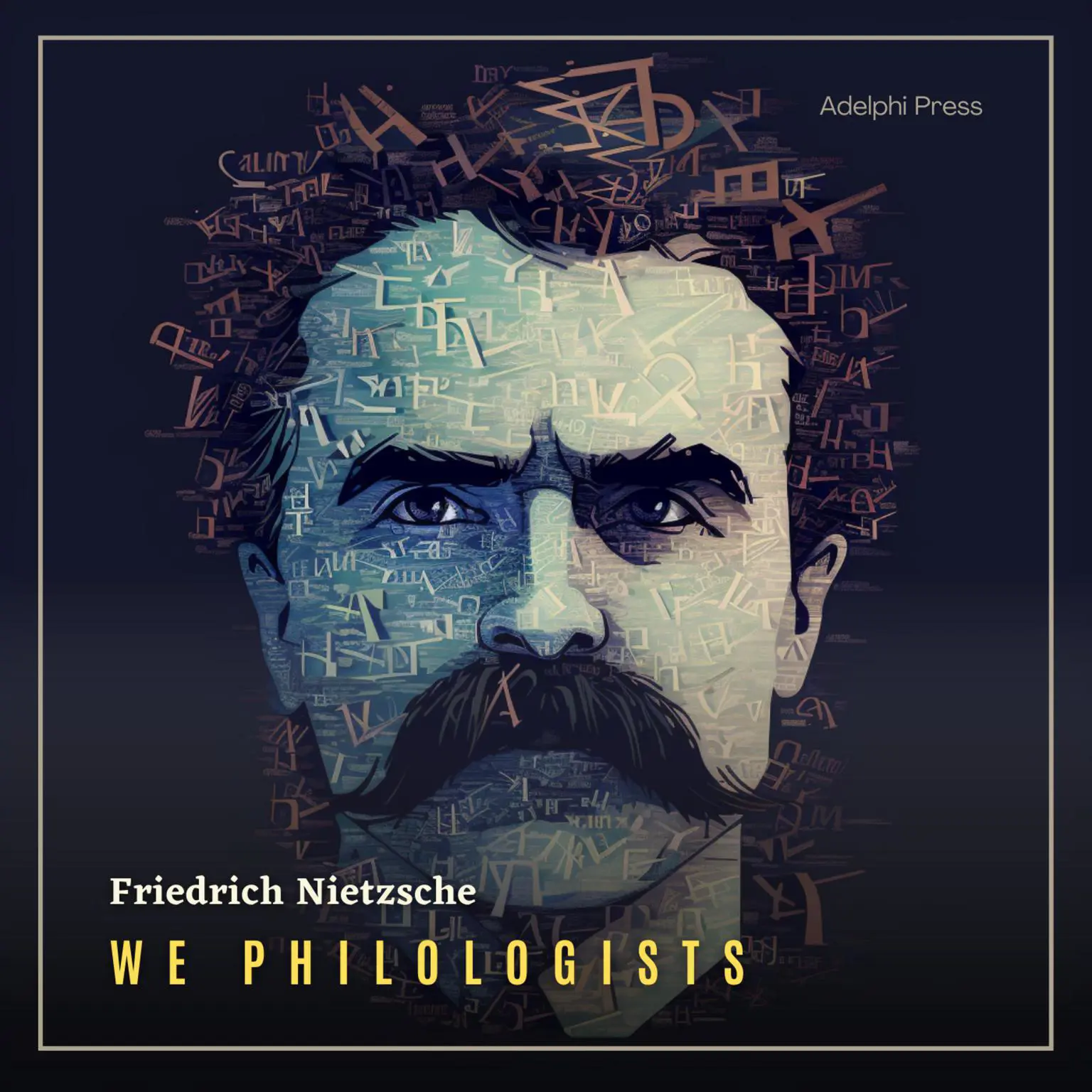 Play Audiobook Sample
Play Audiobook Sample
We Philologists Audiobook
 Play Audiobook Sample
Play Audiobook Sample
Quick Stats About this Audiobook
Total Audiobook Chapters:
Longest Chapter Length:
Shortest Chapter Length:
Average Chapter Length:
Audiobooks by this Author:
Publisher Description
Nietzsche argues that philology is not just an academic discipline, but a way of life that requires a deep appreciation for language and culture. He emphasizes the importance of understanding the historical context of texts, and the need to read them in their original language to fully appreciate their meaning and beauty. "We Philologists" is a passionate and insightful reflection on the value and meaning of philology, and a call to approach the study of language and literature with greater creativity and sensitivity. Read in English, unabridged.
Download and start listening now!
We Philologists Listener Reviews
Be the first to write a review about this audiobook!
About Friedrich Nietzsche
Friedrich Nietzsche (1844–1900) was a nineteenth-century German-born philosopher and classical philologist. He wrote critical texts on religion, morality, contemporary culture, philosophy, and science, using a distinctive German language style. In 1889 he exhibited symptoms of insanity and lived his remaining years in the care of his mother and sister. His ideas exercised a major influence on several prominent European philosophers, including Martin Heidegger, Albert Camus, and Jean-Paul Sartre.






















